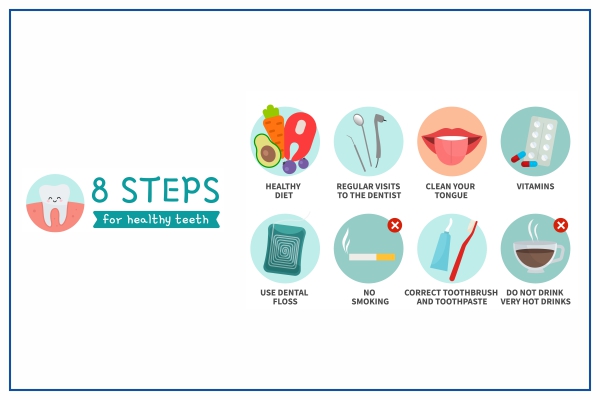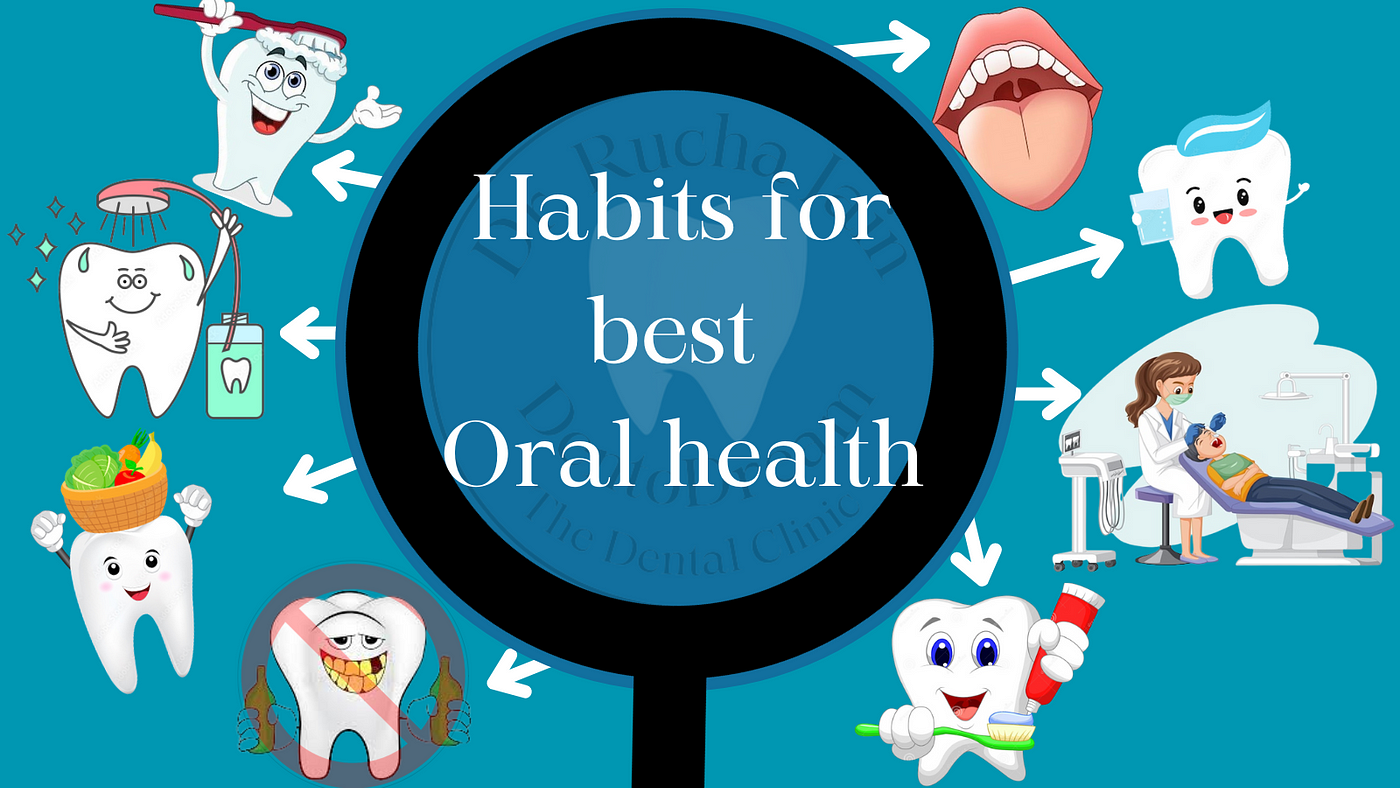
Gum Harmony: Nurturing Your Oral Wellness
Maintaining healthy gums is crucial for overall oral wellness. In this article, we explore the significance of gum health and delve into effective practices for nurturing your gums to ensure a harmonious and vibrant smile.
Understanding the Importance of Gum Health
Gums, also known as gingiva, play a pivotal role in oral health. They provide essential support to the teeth, protecting them from external influences. Healthy gums contribute to a strong foundation for teeth, preventing issues such as gum disease and tooth loss.
Daily Oral Care Routine: Foundation for Healthy Gums
A robust daily oral care routine is the foundation for gum wellness. Brushing your teeth twice a day with a fluoride toothpaste and flossing daily help remove plaque and bacteria that can accumulate along the gumline. Consistent oral care is key to preventing gum issues.
Gum-Friendly Diet: Nourishing Your Gums
A balanced and gum-friendly diet is essential for oral wellness. Foods rich in vitamins C and D, as well as antioxidants, promote gum health. Incorporate fruits, vegetables, and dairy products into your diet to provide the nutrients necessary for strong and resilient gums.
Regular Dental Check-ups: Monitoring Gum Health
Regular dental check-ups are crucial for monitoring gum health. Dentists can identify early signs of gum disease or other issues and provide timely intervention. Scheduling routine check-ups is a proactive step towards maintaining optimal gum wellness.
Gentle Gum Massage: Improving Blood Circulation
A gentle gum massage can improve blood circulation and contribute to gum health. Use a soft-bristled toothbrush to gently massage your gums in a circular motion. This practice stimulates blood flow, promoting a healthy environment for your gums.
Avoiding Tobacco Products: Preserving Gum Integrity
Tobacco products, including cigarettes and smokeless tobacco, can harm gum health. They increase the risk of gum disease and hinder the healing process. Avoiding tobacco contributes to preserving gum integrity and overall oral wellness.
Hydration for Oral Health: Water’s Role in Gum Wellness
Staying hydrated is beneficial for both overall health and gum wellness. Water helps rinse away bacteria and food particles, maintaining a clean oral environment. Adequate hydration supports healthy gums and prevents issues such as dry mouth.
Gum Disease Awareness: Early Detection and Intervention
Being aware of the signs of gum disease is crucial for oral wellness. Symptoms include redness, swelling, bleeding gums, and persistent bad breath. Early detection allows for prompt intervention, preventing the progression of gum disease.
Orthodontic Care: Alignment for Gum Health
Proper teeth alignment is essential for gum wellness. Orthodontic treatments, such as braces or aligners, help correct misalignments that can contribute to gum issues. Seeking orthodontic care when needed ensures a harmonious relationship between teeth and gums.
Resources for Gum Wellness
Explore comprehensive resources and articles on gum wellness at Studentals.net. Discover expert advice, tips, and community initiatives dedicated to promoting optimal gum health for a vibrant and confident smile.
In conclusion, nurturing gum wellness is a fundamental aspect of overall oral health. By incorporating effective oral care practices, maintaining a gum-friendly diet, and staying proactive with regular dental check-ups, individuals can ensure a harmonious and vibrant smile that lasts a lifetime.





